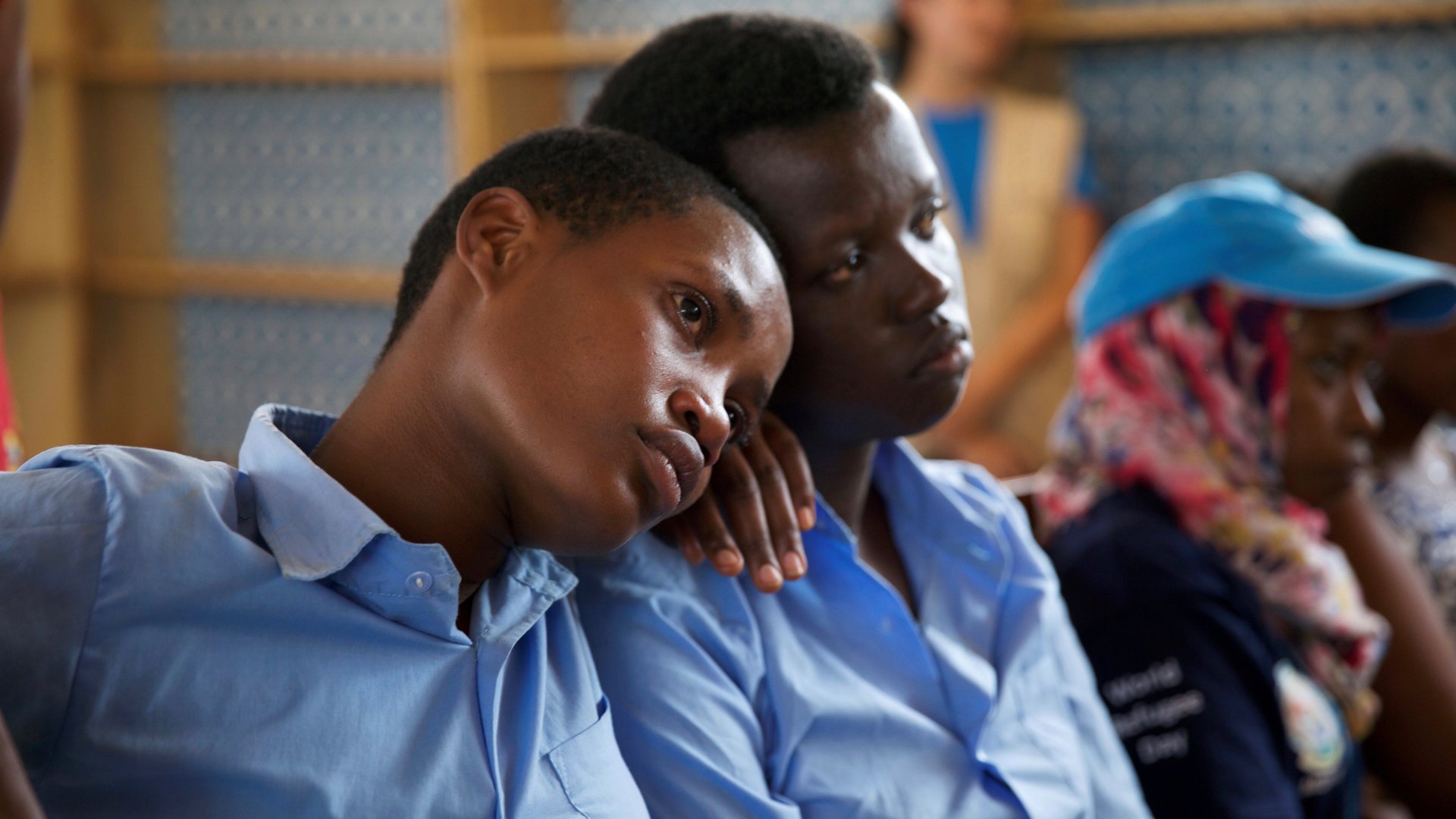This east African country is waging a war on its women
Burundi has been in political turmoil ever since president Pierre Nkurunziza ran for a third term in 2015, flouting the country’s constitution. Nkurunuziza got his third term, but the country was plunged into crisis just as it was recovering from a thirteen-year civil war.


Burundi has been in political turmoil ever since president Pierre Nkurunziza ran for a third term in 2015, flouting the country’s constitution. Nkurunuziza got his third term, but the country was plunged into crisis just as it was recovering from a thirteen-year civil war.
As hundreds flee fearing for their lives and the politically isolated opposition turns to violence, Nkurunziza distracts by passing a series of laws policing women and personal relationships.
Earlier this year, Nkurunziza introduced new laws banning women from beating Burundi’s traditional drums. The fine of $280 dollars is more than most women can afford.
“It is strictly forbidden to those of the female sex to beat drums. They can however carry out female folk dances accompanying the drums,” read a decree signed by the president.
The drumming and ritual dance is performed during festivals and feasts, with drummers selected from sanctuaries, and are often descendants of drummers. In 2014, Unesco added the drums and rituals around them to the list intangible cultural heritage of humanity. The rituals were traditionally male, but more and more women have started their own drumming groups, until the recent law.
Nkurunziza’s government has also given cohabiting couples until the end of year to get married or face a fine of $25. The government’s moral crusade will see “common-law unions” put on a special list in some provinces, while in others they face unspecified sanctions.
“We want Burundians to understand that everyone is responsible for his life, we want order in this country,” said government spokesman Terence Ntahiraja. The small east African country, he told AFP, is facing a population boom due to “illegal marriages,” which have seen hundreds of schoolgirls getting pregnant.
Burundi offers no similarly strict approach to the protection of women who are the victims of gender violence. While the country changed its penal code in 2008 to finally define what rape is, women who are survivors of sexual violence had to scrape together $15 to get the necessary medical exam. Along with the fee, stigma, harassment and a lack of implementation in the courts means that most women simply don’t report.
In recent months, militia groups have used rape as a weapon to terrorize communities in opposition strongholds. A pro-Nkurunzinza youth group known as the Imbonerakure was heard shouting chants calling for rape. In a video circulated on social media, dozens of men were seen shouting “Make opponents pregnant so they can give birth to Imbonerakure.”
Senior ruling party officials were seen at the rallies and did nothing to stop the chanting. Nkurunziza’s government has issued statements condemning the chanting, but done nothing tangible. The threats are real enough for the hundreds who have fled into neighboring Burundi, telling stories of brutal gang rapes.
This, however, is not the immorality Nkurunziza’s government is interested in policing.